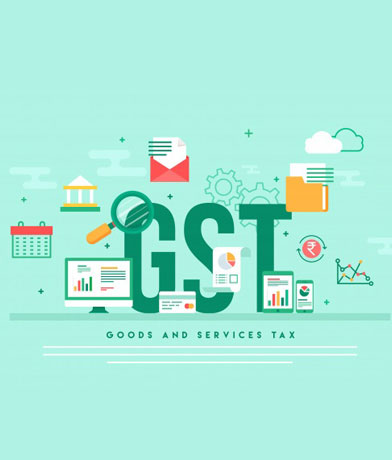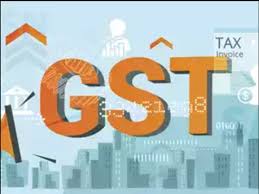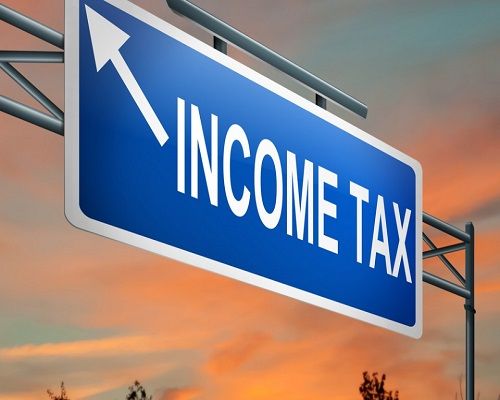GST NOTICES
Introduction
GST notices are the communications between GST Authorities and Taxpayers. Various types of notices are sent like Show Cause Notice, Scrutiny notice, Demand Notice, etc.
Notices are sent to taxpayers for various reasons such as intimation of default or tax not paid/short paid/erroneously refunded etc. Although receiving a notice does not always mean that there is an issue, notices can also be issued for gathering more information by the department. They are sent to alert the taxpayers.
Different Types of Notices:
Show Cause Notices: In order to adhere the principles of natural justice, before raising any demand notice, a Show Cause notice is issued, asking the person chargeable with tax liability to show cause as to why the specified amount of tax should not be demanded from him. The proper officer may, before serving of such Show Cause Notice, communicate to said person, the details of any tax, interest, and penalty as ascertained by him.
This notice grants an opportunity to such a person to defend himself before adjudication.
As per Section 73 of CGST Act, 2017, if any person defaults in payment of tax or pays less tax or wrongly avails ITC, a SCN is sent to him for intimation of default and to show cause as to why the tax should not be demanded from him.
Section 74 of CGST Act, 2017 covers the case where any taxpayer defaults in payment of tax or pays less tax or wrongly avails ITC, on account of fraud, wilful misstatement or suppression of acts.
Time limit to reply to Show Cause notice under section 73 & 74 is 30 days from the date of receipt of SCN.

GSTR 3A
Taxpayers must file monthly, quarterly and annual returns in GSTR1, GSTR 3B, GSTR-4, GSTR8 as notified by the Central Board of Indirect Taxes and Customs (CBIC).Department send notices in GSTR 3A to those who default in filing these returns.
CMP-05
This notice is sent to the composite dealer seeking explanation as to why he should be allowed to avail the benefits of composition scheme.
REG-03
This notice is sent while verification of information & documents provided for GST registration to ask the taxpayer to clarify the details entered in the application.
Frequent Reasons for Issuing GST Notices:
1
Delay in filing of any return by the taxpayer.
2
Issuance of SCN in case of default in payment of tax or error in payment of tax as mentioned above.
3
Difference in amounts of ITC claimed as per GSTR 3B and 2A.
4
In case of wrong information provided by the taxpayer.
5
When a business is liable to be registered and is not registered & tax has not been discharged.
Modes of Sending Notices:
1
Hand-delivered either directly or by a courier.
2
Registered post or a speed post or a courier with an acknowledgement due, addressed to the last known place of the business of the taxpayer.
3
Communication to the email address provided at the time of registration, as amended from time to time.
4
Making it available on the GST portal after logging in.
5
By publication in a regional newspaper being circulated in the locality of the taxpayer based on the last known residential address.
6
If none of the above means is used, then by affixing it in some prominent place at his last known place of business or residence. If this is not found as reasonable by the tax authorities, they can affix a copy on the notice board of the office of the concerned officer or authority as a last resort.
Responses to GST notices:
Now, coming to how can we respond to notices sent by authorities, this task is not as big as one thinks. It can be submitted on the GST Portal online by the taxpayers itself using their own digital signature certificate (DSC) or;
A practicing Chartered Accountant can also be appointed by them for managing the issues relating to GST Notices.
Where the notice was issued for payment of tax and interest and the said liability was true & fair, also at the taxpayer’s end, he has to pay the same before replying to the notice. After such payment, the reply letter, along with documents, must be submitted before the tax authority that sent notice.
What if Response has not been made?
If the notice was issued relating to tax or interest payment and response has not been submitted to Show Cause Notice, then the tax authority will send the Demand Notice as per their assessment. In other cases, like any information asked by the department through notice has not been provided by the taxpayer, then penalty will be imposed.
Please feel free to contact us for any related issues & queries. We are here to help you.
Frequently Asked Questions
All the notices sent by the authorities can be viewed online at the GST portal on the dashboard. Just click on view Notices and Demand Orders, all the notices and demand orders will be displayed on the screen in descending chronological order.
Penalty and further proceedings depends on the case, like if the notice was issued due to non- payment or short payments of taxes, demand notice will be issued in the taxpayer’ s name and he will have to pay a penalty of 10% of the tax amount due subject to a minimum of Rs. 10,000.Likewise, it totally depends on the facts of the case.








